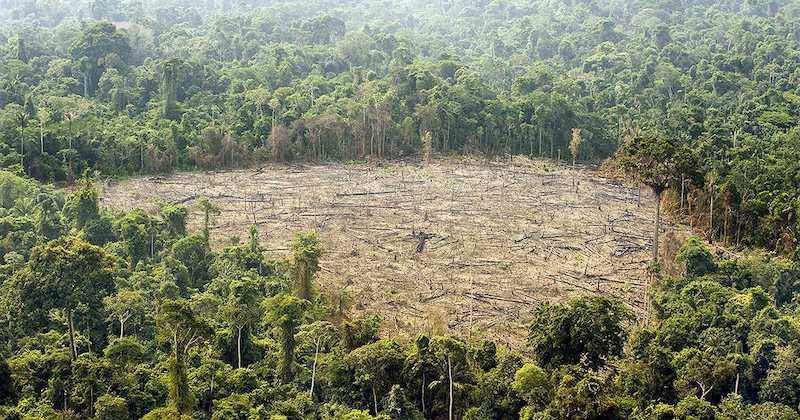Crops over chainsaws


The Colombian Ministry of Environment and Sustainable Development announced during a visit to Monteria that more than 3,500 will be giving up their chainsaws and focus on a more sustainable future in the northwestern department of Córdoba. With the recovered chainsaws a monument to a tree will be made.
The initiative aims to change the lives of people who for years lived from cutting down trees and involve them in different projects of reforestation, and sustainable cattle ranching and agriculture.
“This might be an emblematic peace and environment project and could become a pilot program for the rest of the country. From the Ministry we’ll give all the support necessary for its implementation,” said Luis Gilberto Murillo, Minister of Environment.
The minister added that there are already allocated resources from Colombia Sostenible, the environmental fund created for the country’s post-conflict era, that will support this project. Also, they’re expecting help from the Ministry of Agriculture and the Cordoba’s government.
Leonardo Olea, representative from the chainsaw’s associations told local media that he and his people are aware of the harm indiscriminate cutting is causing the environment and stressed his intentions of making the project reach all people involved in this activity.
“The entire world is speaking out for nature. We need parks, we need the trees. We’ve made this decision because we want to cooperate with our department and the country and make them better. We want more sustainable project proposals for us and our families,” said Leonardo Olea, representative from the Chainsaw and Commercialization Córdoba’s Association.
Additionally, during the Minister’s visit to Monteria he highlighted the city’s transition towards sustainability. “I want Colombians to know they have one of the most sustainable cities in the world. Monteria is an example on how to make a city’s river IGNORE INTO its main axis,” said the Minister.
According to UN Environment Monteria is among the 10 more sustainable cities in the world.
LatinAmerican Post





